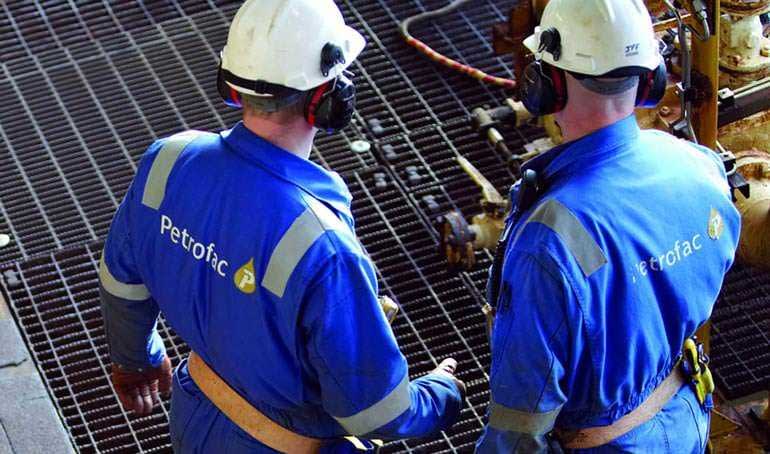Gas Company's Olive Oil Press Fails to Ease Tensions on Tunisian Island
Petrofac's donation of a modern olive oil press to Kerkennah has failed as an olive branch for healing the island's wounds
The London-based oil and gas giant Petrofac splashed out TND 275,000 ($120,000) in 2014 to provide the Tunisian islands of Kerkennah with a community olive oil press. Kerkennah’s first modern olive oil press meant that olive farmers on the remote archipelago no longer needed to make the arduous journey to the mainland city of Sfax to press their olives. The farmers benefited by saving time and money.
The new press meant that Kerkennah’s olives could be pressed at the perfect time. Presses in Sfax tend to open up too late for Kerkennah’s olive harvest. Farmers also gained an extra TND 80 – 100 ($35 – 45) per ton.
Kerkennah’s communal olive press was used 950 times during the 2014/15 season. Around 450 of Kerkennah’s olive growers processed 650 tons of olive oil. This was about 40 percent of the island’s total olive oil production. But the olive oil press (which is managed by Tunisian agricultural association GDA El Borj) has failed to appease the islanders or improve relations between Petrofac and the community.
2016 has been a catastrophic year for Petrofac and residents of Kerkennah. In April the island became a battleground with scenes reminiscent of the revolution as police battled to disperse a long-standing sit-in on Petrofac premises. Protestors became embroiled in violent clashes with the police who were accused of using heavy-handed tactics. The police resorted to the use of tear gas and water cannons on protestors who set fire to police vehicles and buildings. Several police cars were thrown into the sea.
The violent clashes ended with the police being forced to leave Kerkennah. The island became a state of lawlessness. All attempts to return police to the island failed. A small number of military personnel were tasked with guarding public buildings. In September a police presence was finally restored on Kerkennah.

Petrofac’s recent woes began on January 19, 2016, with a sit-in on their premises. The grievance related to payments and benefits promised to unemployed graduates in a 2011 agreement; aimed at getting unemployed graduates working following the revolution. Under the scheme, Petrofac promised 266 unemployed graduates payments of TND300-450 ($131 – 196) per month to carry out environmental work and assist in public services. Recipients were not given contracts or benefits.
Petrofac raised doubts over the eligibility of many of the recipients and suggested that funds were being misused. According to protestors, the Tunisian government failed to honor a 2015 agreement in which they assumed responsibility for sustaining jobs on Kerkennah through a publicly financed environmental company. Petrofac had agreed to pay the graduates salaries until December 2016.
On September 22, after nine months of protests, disruptions and failed talks, Petrofac announced it was leaving Tunisia. The decision was confirmed in a statement by Mohd Akrout, general director of ETAP who said, “Petrofac is definitely leaving Tunisia and it just started the procedures of leaving the country.” A government spokesman reiterated, “Petrofac has officially informed us that they have started the process of closing down.”
On September 23 Petrofac had a sudden change of heart. The company announced an agreement had been reached and production resumed on September 27. Since then there have been more than a dozen protests staged against the company including the blockage of Petrofac trucks.
Petrofac has suffered troubled and turbulent times on Kerkennah since it opened there in 2007 and the company’s donation of a modern olive oil press to the islanders failed as an olive branch for healing wounds.
Kerkennah is an archipelago in the Gulf of Gabes around 20km from the city of Sfax. The islands are dependent on fishing and agriculture. Petrofac opened for business in Tunisia in 2007 following a controversial, and critics say corrupt, deal signed with the former president Zine El- Abidine Ben Ali.
Petrofac paid $30 million to acquire a 45 percent stake in Kerkennah’s Chergui gas field. The remaining 55 percent is held by Tunisia’s national oil company Enterprise Tunisienne d’Activities Pétrolières (ETAP).
Petrofac supplies around 13 percent of Tunisia’s domestic gas requirements. The government incurred costs of around $100 million for importing gas from Algeria during the protests of 2016.
